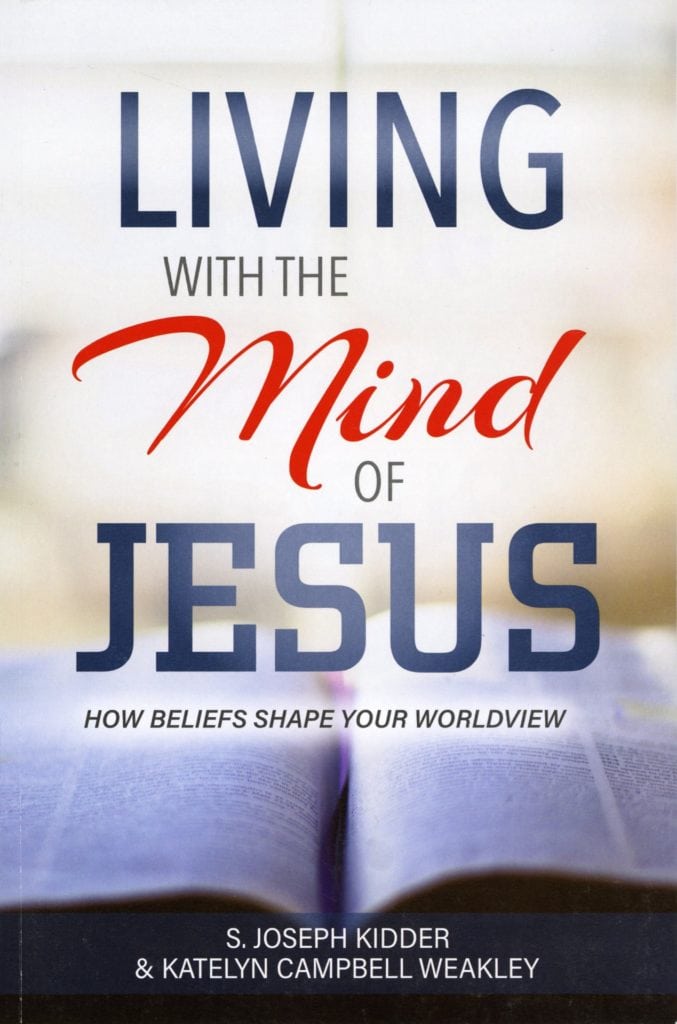
Allow me to get it off my chest right from the beginning: Living With the Mind of Jesus is a volume that should be required reading for young adults, college students, and yes, also more experienced members of our faith community who have seen it all. Its cover design doesn’t shout that to the casual observer—at least not for me—but its content is worth a careful read.
The concept of worldview and worldview transformation is bread-and-butter material for missiologists and those serving in cross-cultural contexts. But we often forget that worldview affects everyone—even those who have never stepped beyond the borders of their state, region, or country. The authors remind us that Scripture offers us a worldview that in many ways stands in direct opposition to current worldviews that we absorb by just being part of the world we live in.
The volume is divided into four important parts. Part I helps the reader to understand the concept of worldview and answers “why we think and behave the way we do.” It contains four helpful chapters, from which I would highlight chapters 3 (“Worldview and the Role of Caregivers, Peers, Education, and Media”) and 4 (“Worldview and the Role of Religion, the Bible, and Culture”). Chapter 3 focuses on the influences that shape our worldview, while chapter 4 helps the reader appreciate the influence that religion, Scripture, and culture have on our worldview. I found the table on page 53 offering worldview comparisons of major religions particularly helpful. Perusing this table will help you better understand (and reach) your Hindu or Buddhist neighbor or the atheist living next door.
Part II connects worldview with the Adventist concept of the great controversy and contains five chapters focusing on Creation, the Fall, sin, the character of God, redemption, and re-creation. Part III is one of the most crucial sections of the volume, in which the authors address the process of worldview change. As with other parts of the book, Kidder and Campbell Weakley use stories from Scripture to highlight steps to worldview change and also make copious use of Ellen White counsels.
The final part, IV, considers the important role that parents (and educators) play in the shaping of a child’s worldview. The authors invite their readers to be intentional in this process as well as informed regarding the developmental stages of their children and their ability to affect change.
The language of the book is accessible and user-friendly, while also documenting many of the key ideas in abundant chapter endnotes. Living With the Mind of Jesus offers a rich tapestry of important ideas presented in an understandable manner. It’s a worthwhile read, tackling a topic affecting all of us.